Engine oil is a specially formulated lubricant designed to protect, clean, and cool internal combustion engines by reducing friction between moving parts and preventing wear. It plays a crucial role in extending engine life, maintaining fuel efficiency, and ensuring reliable performance under varying driving and operating conditions. Without high-quality engine oil, engines would suffer from overheating, metal-to-metal contact, and accelerated damage, leading to costly repairs. Modern engine oils are complex blends of base oils and advanced additives that meet rigorous industry standards and can be customized through OEM/ODM manufacturing to serve different vehicles, climates, and industries.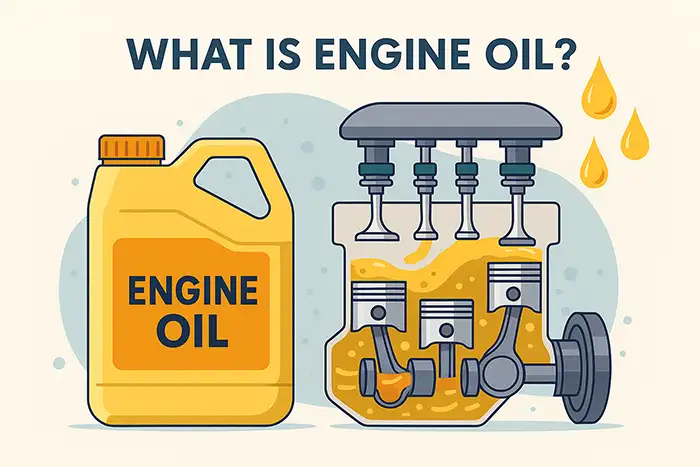
Engine oil is the lifeblood of any vehicle or machine powered by an internal combustion engine. From passenger cars to commercial trucks and industrial machinery, oil ensures that engines can run smoothly, quietly, and efficiently. Historically, lubricants were derived from natural animal fats and vegetable oils, but with the advent of industrialization, petroleum-based oils became the dominant choice due to their availability, stability, and ability to withstand high operating temperatures.
As automotive technology advanced, so did the demands placed on lubricants. Engines became more compact, ran at higher speeds, and operated under harsher conditions. These changes spurred innovation in oil chemistry, leading to the development of synthetic oils, high-performance additives, and environmentally friendly formulations that align with sustainability goals. Today, engine oil is not just a functional fluid but a highly engineered product central to both performance and compliance with emission standards.
At the core of engine oil’s purpose is its ability to form a thin film between metal surfaces that would otherwise grind against each other. Pistons moving within cylinders, camshafts pressing on valves, and bearings supporting crankshafts all rely on this lubricating film. By preventing direct contact, oil reduces friction, minimizes wear, and ensures smooth operation.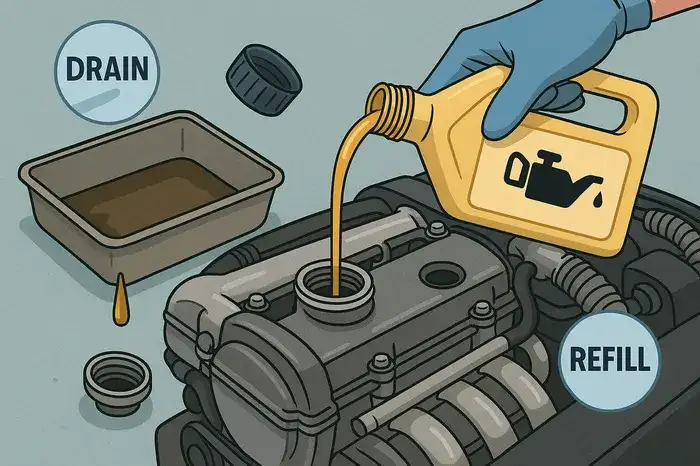
Engines generate immense heat during combustion. While the cooling system removes most of it through coolant and radiators, engine oil also plays a vital role in absorbing and redistributing heat away from high-friction zones. This dual role helps prevent localized hotspots that could lead to warping or seizure of components.
As fuel burns, it produces by-products such as soot, carbon deposits, and acidic residues. Engine oil contains detergents and dispersants that suspend these contaminants, preventing sludge buildup and keeping engine parts cleaner. This contributes to more consistent performance and reduces the risk of clogging.
Oil also assists in sealing the tiny gaps between pistons and cylinder walls. This helps maintain compression, enhances fuel efficiency, and prevents blow-by gases from contaminating the oil excessively. In doing so, oil provides a protective barrier that shields components from corrosion and oxidation.
Made from chemically engineered molecules, fully synthetic oils provide superior performance under extreme conditions. They offer excellent stability, low volatility, and outstanding resistance to breakdown at high temperatures. Fully synthetic oils are favored in high-performance vehicles, racing applications, and modern engines designed with tighter tolerances.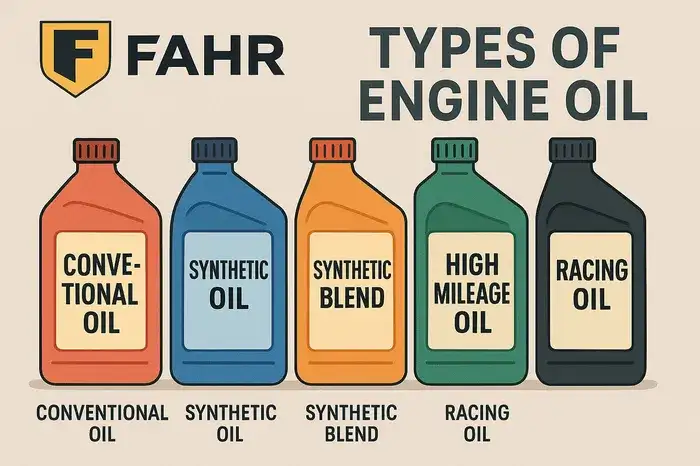
A blend of mineral oil and synthetic oil, semi-synthetics provide a balance between cost and performance. They deliver better protection and stability than mineral oil while being more affordable than fully synthetic options.
Derived directly from refined crude oil, mineral oils were the original standard in the automotive world. While cost-effective, they lack the stability and longevity of synthetic formulations. These are now used primarily in older engines or less demanding applications.
Diesel engines operate under higher compression ratios and produce more soot and by-products compared to gasoline engines. Diesel engine oils are specially formulated with extra detergents and additives to manage these challenges, protect turbochargers, and extend drain intervals.
Motorcycles place unique demands on lubricants, especially in shared engine and transmission systems. Motorcycle oils must withstand higher RPMs, provide clutch compatibility, and resist shear breakdown.
By reducing friction and wear, high-quality oils extend the service life of engines. Components last longer, leading to fewer breakdowns and replacements.
Lubricants reduce resistance within the engine, improving energy transfer and contributing to improved fuel economy.
Engines with cleaner internals and less wear require fewer repairs. Extended drain intervals also reduce service frequency, saving costs.
Smooth engine operation, reduced noise, and consistent performance enhance the overall driving experience for both private car owners and fleet managers.
OEM/ODM partners collaborate on formulations that suit regional climate conditions, engine designs, or customer preferences. This includes viscosity grades, detergency, anti-foam agents, and friction modifiers.
OEM/ODM manufacturers comply with international standards such as SAE viscosity grades, API service classifications, and ACEA specifications. Customized viscosity ranges ensure oils perform optimally under intended conditions.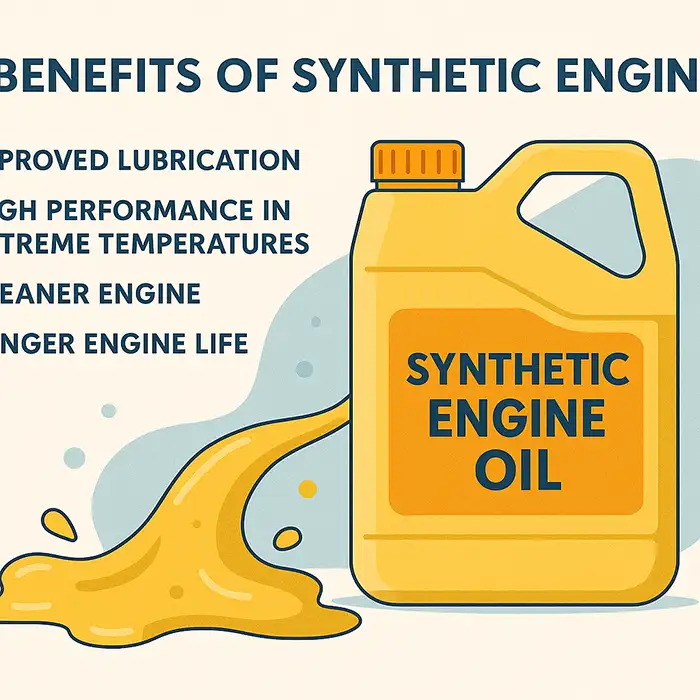
Strict laboratory testing, real-world engine trials, and certification from organizations like ILSAC or JASO guarantee that oils meet or exceed performance requirements.
OEM/ODM suppliers also support private-label branding, ensuring packaging, labeling, and distribution align with the client’s market strategy.
Gear oils are thicker and designed to handle extreme pressure in gearboxes. Engine oil, in contrast, is lighter and optimized for high-speed moving parts.
Hydraulic oils transmit power in hydraulic systems but lack the detergents and dispersants found in engine oils.
Brake fluids are designed for hydraulic braking systems, focusing on high boiling points and non-compressibility, not lubrication.
Engine oil supports the daily mobility needs of millions worldwide, ensuring reliability in city commutes and long-distance travel.
Fleet operators rely on durable oils that reduce downtime and extend maintenance intervals, enhancing logistics efficiency.
Racing oils withstand extreme RPMs, rapid temperature fluctuations, and high loads, providing a competitive edge.
Beyond automobiles, engine oils power generators, marine engines, and heavy-duty equipment, proving their versatility.
Modern oils minimize sulfur and ash to align with stringent emission regulations, reducing environmental impact.
Advanced additives prolong oil life, allowing engines to run longer between oil changes.
Nanoparticles improve surface interactions, reducing wear at the microscopic level.
IoT-enabled sensors track oil health in real time, providing predictive maintenance capabilities.
Suppliers with robust OEM/ODM services can tailor products to unique customer specifications, providing competitive differentiation.
Reliable suppliers offer training, technical documentation, and continuous support.
Look for compliance with API, ACEA, ILSAC, and regional certifications as a benchmark of quality.
A strong logistics framework ensures timely delivery and consistent availability worldwide.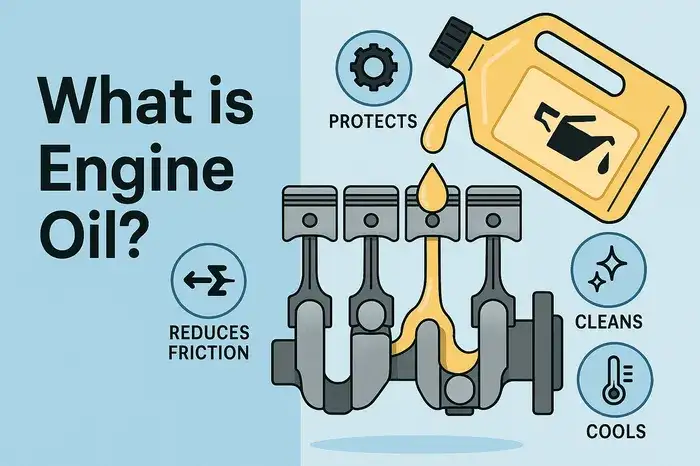
fahr is a dedicated engine oil brand specializing in high-quality lubricants tailored for diverse markets. With a strong focus on OEM/ODM partnerships, fahr delivers customized engine oil solutions that meet international standards while addressing specific regional and industrial needs.
Fully Synthetic Engine Oils for modern, high-performance vehicles
Diesel Engine Oils designed for commercial trucks and heavy-duty equipment
Motorcycle Engine Oils optimized for two-wheelers and racing applications
Specialty Lubricants such as Gear Oil, Brake Fluid, and Engine Coolant
fahr’s commitment to innovation, quality assurance, and sustainable development has earned it recognition across global markets. By partnering with distributors and OEMs, fahr continues to expand its reach, offering not just products but complete lubrication solutions for automotive and industrial customers.
Engine oil is far more than just a liquid in an engine; it is a sophisticated product that determines performance, efficiency, and reliability. As technology advances, engine oils will continue to evolve toward sustainability, smart monitoring, and enhanced protection. Brands like fahr ensure that businesses and consumers alike have access to world-class lubrication, enabling engines to run cleaner, longer, and more efficiently in every corner of the globe.
The MOQ depends on packaging type and formulation. For standard products, it usually starts from 1,000 liters or 1,000 bottles. For OEM/ODM custom formulations, the MOQ may be higher to meet production efficiency.
Yes. OEM/ODM services include customized bottles, drums, labels, and branding. Packaging can be tailored to customer markets and compliance requirements.
We supply a full range of lubricants, including fully synthetic, semi-synthetic, and mineral engine oils, suitable for passenger cars, diesel trucks, motorcycles, and industrial equipment.
All formulations comply with API, ACEA, ILSAC, and other major international standards. Certifications can be provided to support import regulations and distributor requirements.
Common grades such as 0W-20, 5W-30, 5W-40, and 15W-40 are available. Customized viscosity grades can also be developed based on market demand.
Yes. Bulk supply options include large drums (200L), intermediate bulk containers (IBC), or tank trucks for industrial and fleet customers.
Yes, we provide multi-grade oils compatible with gasoline, diesel, and hybrid engines. Separate specialized formulas are also available for high-performance or heavy-duty vehicles.
It depends on the oil type and vehicle usage. Fully synthetic oils can last 8,000–12,000 km, while mineral oils may require changes every 4,000–6,000 km. Driving habits and climate also affect intervals.
Yes. Common sizes include 1L, 4L, for retail shops and service centers. Larger drums and bulk options are also available.
Yes. Our OEM/ODM services allow distributors to market engine oils under their own brand with full technical backing.
You can try searching
Hot Recommendations
Hot Products
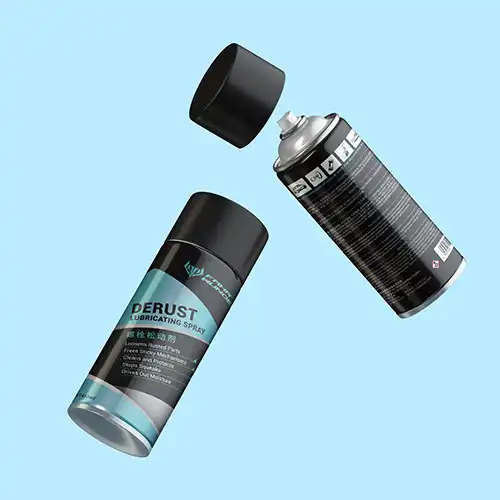
DE-Rust Lubricating Spray | Bulk Orders and Custom Solutions for OEM ODM
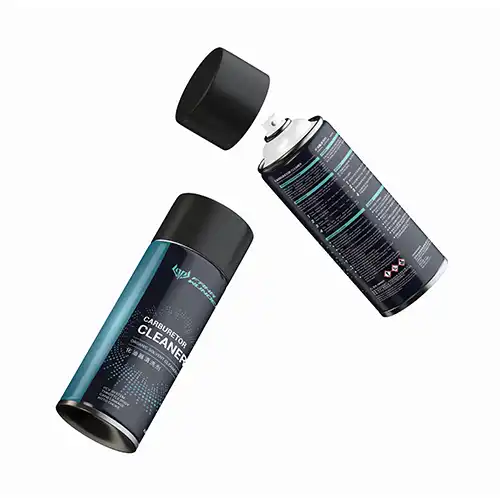
Carburetor Cleaner | Professional Engine Carburetor Cleaner for OEM ODM Supply
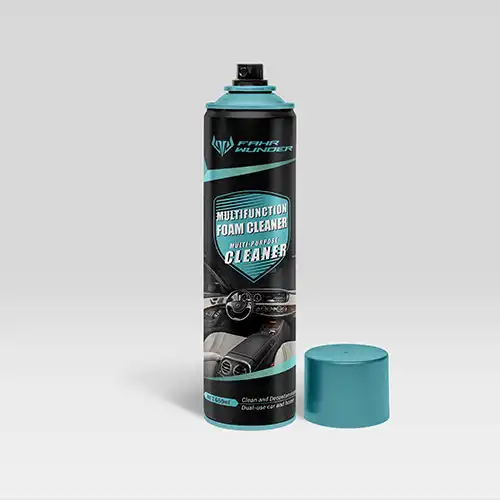
Fahr Multifunction Foam Cleaner | Professional Automotive Cleaning Spray for OEM ODM Supply
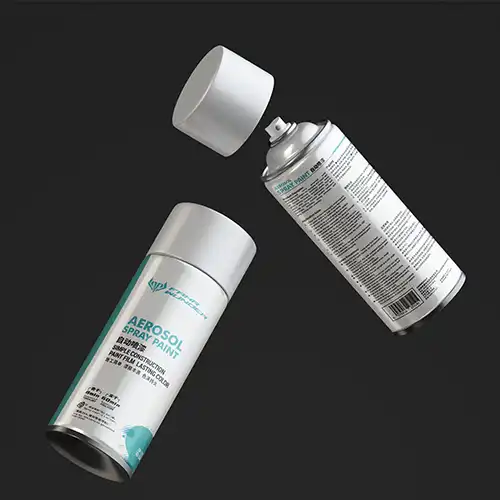
Fahr Aerosol Spray Paint | OEM ODM Automotive Coatings for Bulk Orders and Custom